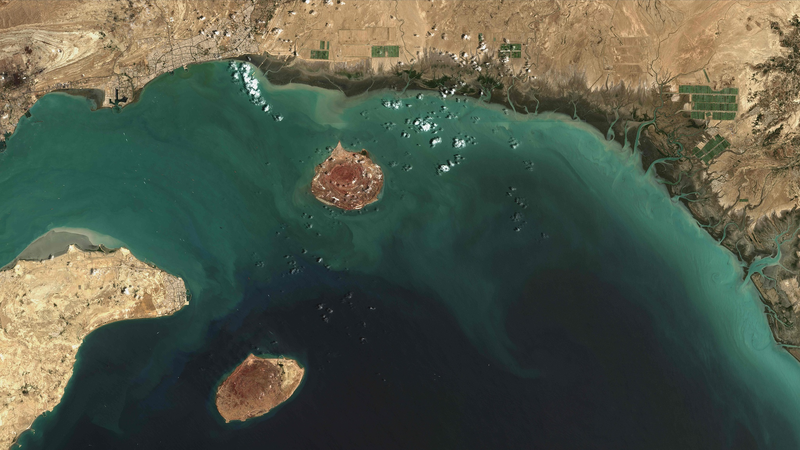What if Iran decides to block one of the world’s most crucial trade routes? The Iranian parliament recently voted in favor of closing the Strait of Hormuz—a key passage between Iran and Oman—even though the final call rests with the Supreme National Security Council.
This bold move comes on the heels of a dramatic escalation in the Middle East after the United States launched air strikes on major Iranian nuclear facilities. Tehran is signaling its readiness to consider every self-defense option, and the tension is palpable. 😮
The Strait of Hormuz accounts for roughly 20% of global oil and gas shipments. Experts warn that any disruption here—even a short one—could cause oil prices to surge, with some estimates pushing prices past $120 per barrel. Such a spike could not only drive up transportation costs but also delay shipments worldwide. ⚡
Financial experts like George Saravelos from Deutsche Bank and economic advisor Mohamed El-Erian have cautioned that a blockade might deliver a significant shock to an already fragile global economy. Meanwhile, many shipping companies are rerouting their vessels to avoid the strait, adding to the uncertainty in global trade.
For tech-savvy young professionals and early adults who keep up with global trends, these developments in the Middle East might seem distant—but they have real implications for everything from fuel prices to the cost of everyday products. Stay alert and informed, as any ripple in global energy supplies can impact our fast-paced lives.
Keep watching this space for more updates on how geopolitical moves can shape our world, one click at a time! 🌏
Reference(s):
Analysis: What would happen if Iran blocked Strait of Hormuz?
cgtn.com




